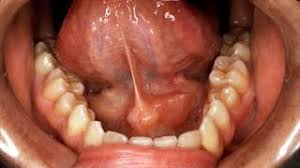Salivary gland carcinomas constitute a heterogeneous group of tumors, with over 20 histological subtypes of various prognoses. The mainstay of treatment is surgery, with radiotherapy advocated for unresectable disease or postoperatively in case of poor prognostic factors such as high grade, locally advanced and/or incompletely resected tumors. Concurrent chemotherapy is sometimes advocated in routine practice based on criteria extrapolated from squamous cell carcinomas of the head and neck, on radioresistance of salivary gland tumors and on results obtained in the metastatic setting. The aim of this review was to identify situations where chemotherapy is advocated.
Material and methods
A search of literature was performed with the following key words: parotid, salivary gland, neoplasm, cancer, malignant tumor, chemoradiation, chemotherapy, radiotherapy and treatment. Case report and studies published before 2000 were not included.
Results
Platinum-based regimens were the most frequent. Other regimens were reported and seemed dependent on histology. The level of evidence for the concurrent delivery of chemotherapy with radiation therapy is supported by a low level of evidence. Prescribing chemotherapy mostly relies on poor prognostic factors similar to those used to indicate high dose radiotherapy. Protocols vary with histology.
Conclusion
The rationale for adding chemotherapy to radiotherapy remains to be demonstrated prospectively. Although the type of systemic treatments used may be adapted on histology, the strongest rationale remains in favor of cisplatin.


